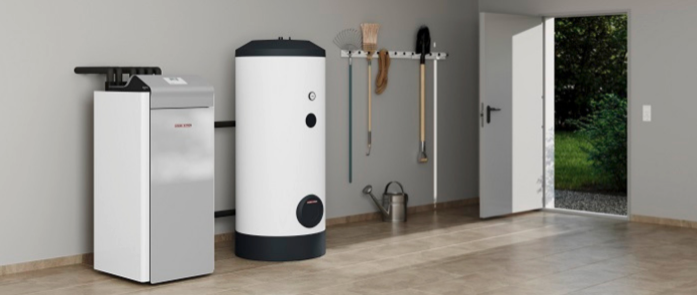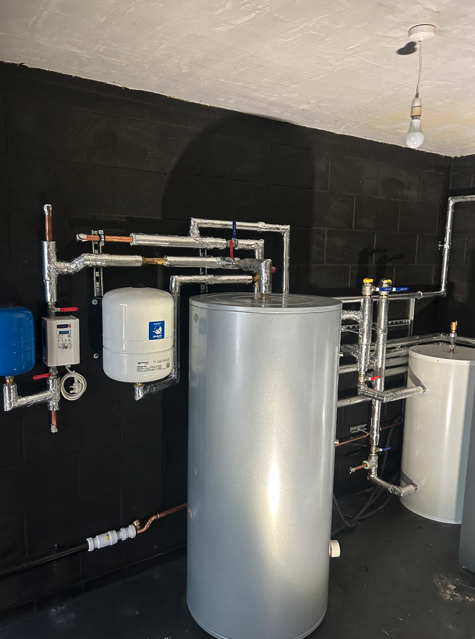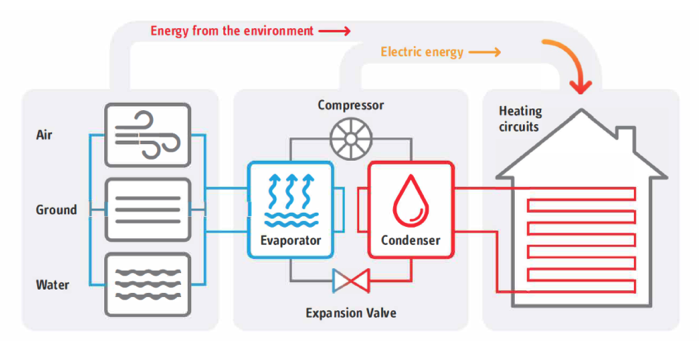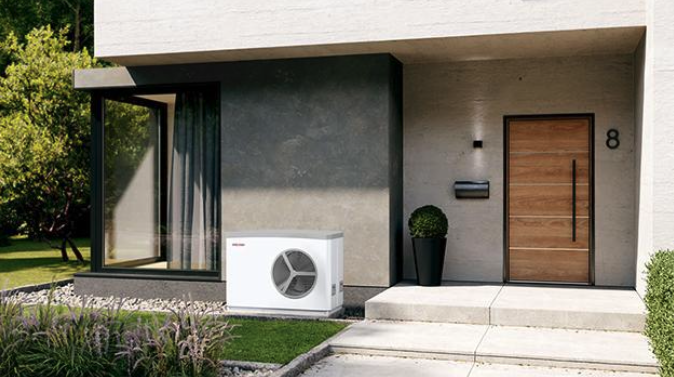
Heat pump design and installation: We can design and install Ground source, Air source, and Hybrid heat pump systems that can reduce your carbon footprint and save you money on your energy bills. We will ensure that each system is tailored to the specific needs of your home.
As MCS accredited installers, we can apply for the BUS grant for eligible clients.
Certified by the Microgeneration Certification Scheme (MCS), we adhere to high standards in installing renewable energy systems. The Boiler Upgrade Scheme (BUS) grant offers financial assistance to homeowners for installing energy-efficient heating solutions. By applying for this grant on behalf of our clients, we help reduce the initial costs of upgrading their heating systems, making sustainable energy more affordable.
Heat pumps are versatile devices that can significantly reduce energy costs and carbon footprints. By harnessing the natural heat present in the environment, they provide a sustainable alternative to conventional heating and cooling systems.
Heat pumps work by transferring heat from one place to another. During the colder months, they extract heat from the outside air, ground, or water, and transfer it indoors to warm the home. Conversely, in the warmer months, they reverse the process, removing heat from the interior and releasing it outside to cool the home. This dual functionality makes heat pumps an efficient choice for year-round climate control. They operate using electricity and can be integrated with existing heating emitters such as radiators or underfloor heating, offering flexibility in home applications.

Heat pumps generate heating and hot water by using environmental energy. They extract thermal energy from the air, ground, or a local water source, and then convert this energy to provide heating and hot water for a home.

The benefits of heat pumps
Ability to provide both heating and cooling, ensuring year-round climate control with models that include a cooling option.
Air source heat pumps are among the most common types used in residential settings.
These devices absorb heat from the outside air, even when temperatures are low, and upgrade it to a higher temperature to heat your home. They are relatively easy to install and can be used in conjunction with various heating systems. Despite requiring electricity to operate, air source heat pumps are highly energy-efficient, often delivering three to four units of heat for every unit of electricity consumed. This remarkable efficiency makes them a cost-effective solution for reducing household energy bills and minimizing environmental impact. For further information see our ‘Guide to Air Source (tab)

Ground source heat pumps, also known as geothermal heat pumps, utilize the thermal energy stored in the earth to provide heating and cooling. They operate by circulating a fluid through a loop of pipes buried in the ground. This fluid absorbs heat from the ground during winter and transfers it indoors. In summer, the process is reversed, and excess heat from the home is dissipated into the cooler ground. Ground source heat pumps are highly efficient and can offer substantial savings on energy costs. For further information see our ‘Guide to Ground source heat pumps’

Our Reviews